A toxic workplace culture
We often hear that investing in a mental health workshop is good for business growth and ROI, but where you’ll see the biggest benefits is in your workplace culture.
At some point in our careers, many of us will find ourselves operating in a toxic office environment. You might notice there is a lack of engagement, a prevalence of workplace bullying, limited opportunity for a healthy work-life balance, and burnout may be common. Toxic office environments also foster negativity, low employee morale, and a lack of trust. It Is for these reasons that a mental health workshop is more than necessary.
Toxic offices don’t just affect a person’s experiences in their job, either. Stress, anxiety, depression, and other health-related concerns caused by a poor office environment follow a person from the office to home, impacting their personal life and relationships.
Toxic cultures are dangerous because they lead to employee dissatisfaction and, therefore, poorer employee retention. In fact, staff were three times more likely to leave because of toxic culture than they were to quit for reasons such as job security, failure to recognise performance, or poor response to COVID-19.
The good news is, with a mental health workshop it’s possible to turn a toxic office environment into a positive one. Both your employees and your business will thank you for it.
A mental health workshop can help
There’s no quick fix to turn a toxic office environment into a mentally well one, and it takes evidence-based training to ensure that employees are being supported in the way they want.
Mental health workshops meet the brief when it comes to an effective response to your employees wellbeing. These mental health workshops can be targeted toward your specific industry, the employees you want to train and the topics you want to be covered. This means you can address the root causes of toxicity in the workplace and help stamp it out for good. Below, we run through some common causes of a toxic office environment and how a mental health workshop can help combat these issues.
1. Leaders and managers are ill-equipped when it comes to dealing with employee wellbeing.
A common sign of a toxic workplace is the inability of leaders or managers to listen and respond to the needs of their staff. When it comes to employee wellbeing, leaders may be unaware or unsure of how to approach an employee who looks to be struggling or how to best assist someone who has come to them for support. This means emotional wellbeing conditions are not likely to be dealt with effectively and workplace culture will continue to decline.
Mental health workshops provide training targeted toward leaders and managers, helping them gain the skills necessary to have difficult conversations in the workplace. These mental health workshops can support leaders in understanding the importance of catching up with employees regularly, as well as how to initiate open conversations and practice active listening.
2. Bullying and discrimination due to limited knowledge and awareness of psychological illness.
Mental illness stigma is a common characteristic of a toxic workplace. Stigma means employees are more likely to experience discriminatory behaviour like bullying, harassment and exclusion — none of which are conducive to a positive workplace culture.
Often, stigma is simply the result of a lack of understanding. Misrepresentations of mental illnesses in the media and the prevalence of harmful stereotypes foster negative attitudes and, unless properly addressed, these attitudes spread.
A mental health workshop gives all employees accurate information about psychological illness. By increasing their awareness and knowledge, it is possible to reduce stigma and challenge negative perceptions around emotional wellbeing. With a greater understanding, it is also more likely that employees will support rather than exclude a colleague who may be experiencing a psychological condition.
3. There is a lack of communication, meaning employees are reluctant to ask for help.
An open and communicative workplace means leaders, managers and employees operate well together and there is a strong interpersonal connection among teams. A lack of open and honest dialogue in the workplace, however, means employees are less willing to engage with or reach out to colleagues. Without this communication, concerns about emotional wellbeing go unaddressed, and employees are more likely to suffer in silence which is why mental health workshops are so important. In a toxic office environment, tasks and deadlines may also be prioritised over forming collaborative staff relationships and this means employees do not feel comfortable seeking help from their leaders.
Mental health workshops highlight the importance of being open about emotional wellbeing. Mental health workshops also provide employees with strategies to approach a colleague who may be struggling and can assist employees who may be experiencing emotional hardship to seek support while on the job.
A toxic workplace is never desirable, but it’s not impossible to combat. With a mental health workshop, organisations are able to train leaders, managers, and all employees on how to navigate emotional wellbeing, have difficult conversations, and create a more supportive office environment.





























